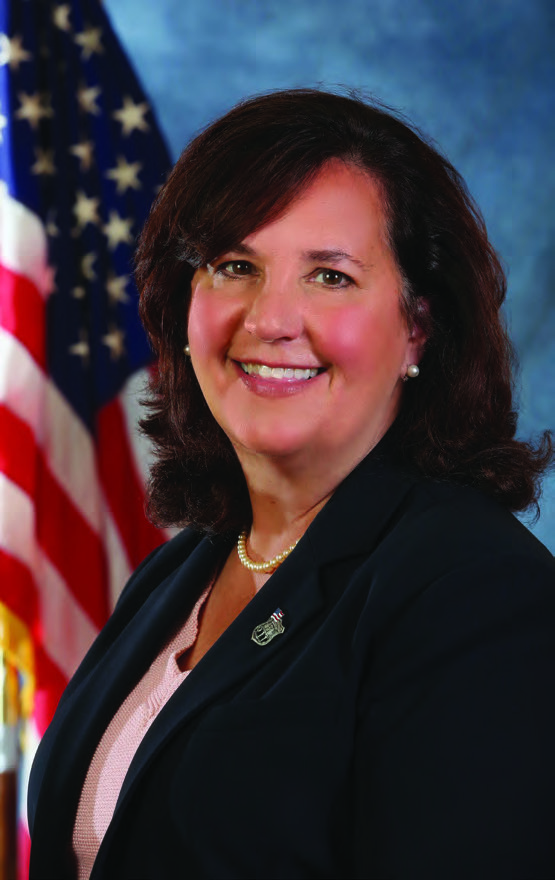The state budget: lots of dollars, little sense
Nearly three weeks late, the $237 billion state budget presents a mix of positives and negatives. While it’s easy to find initiatives to support in such a large spending plan, inexplicably, there are areas where it falls short.
I’m pleased that our communities’ voices were heard in our opposition to the proposed cuts in foundation aid for many of our school districts. No district will receive less foundation aid than it did last year. Additionally, funding for clean water infrastructure and the Environmental Protection Fund will greatly benefit our environment, and progress has been made on addressing Tier 6 and providing much-needed support for human services workers.
The budget did not, however, provide desperately needed financial support for Nassau University Medical Center, our county’s only safety-net hospital, and it enacted potentially harmful changes to the Consumer Directed Personal Assistance Program by requiring the use of a single, state-selected fiscal intermediary.
As I travel across the 9th Senate District, there are two issues that I repeatedly hear about from Long Islanders of all walks of life: affordability and public safety. Unfortunately, this budget does little to improve either. Rather than reining in government spending and cutting residents’ taxes, the state imposed a new tax on health insurance, and increased spending by $8 billion. Further, while I’m not in favor of tucking unrelated policy changes into the state budget, I welcome any opportunity for the state to meaningfully advance public-safety measures.
Disappointingly, rather than giving judges discretion when setting bail, which would allow them to keep violent criminals off our streets, Albany advanced modest proposals, such as increasing the penalty for assaulting retail workers, although it was not made bail eligible. The list of offenses that can be charged as hate crimes was expanded, but does not include graffiti, which is often used to target the Jewish community with hateful rhetoric and imagery such as swastikas.
Even the “changes” to laws regarding so-called squatter’s rights — an issue I, and several of my Long Island colleagues, have brought to the forefront of the Legislature — appear to be empty platitudes, as the Senate majority was unable to give me an adequate explanation during the floor debate of how this provision would change the manner in which a squatter is actually removed from someone’s property.
Another troubling aspect of policy in this year’s budget is the incorporation of the RAPID Act. While aimed at advancing environmental goals, the act raises significant concerns about local autonomy and decision-making. It grants the state even broader authority to disregard local laws or ordinances in pursuit of its climate objectives.
While I support a fiscally responsible transition to cleaner, more diverse energy sources, I firmly believe that this transition must respect the rights and concerns of local elected officials, and must include meaningful input from the affected communities. Local governments are most attuned to the unique needs and circumstances of their communities, and they are best positioned to make decisions that align with the priorities of their residents. By allowing the state to override local laws, the RAPID Act undermines the principles of local governance and community involvement.
Continuing the theme of Albany’s misplaced priorities, last year Gov. Kathy Hochul vetoed legislation I supported, the Alex R. Jimenez New York State Military Immigrant Family Legacy Program. This initiative, which would have helped undocumented veterans and their family members become American citizens, was vetoed because of the estimated cost of $1 million. Rather than including this initiative in the state budget, however, $2.4 billion was included to fund New York City’s migrant crisis. It’s worth noting that this $2.4 billion pot — thousands of times more than what would be needed for the Legacy Program to support those who risk their lives defending our nation — is in addition to the millions of dollars the state already spends each year assisting migrants.
I remain committed to advocating for common-sense policies and fiscal responsibility in Albany. It is crucial that future budgets and policies are more reflective of the priorities and concerns of New Yorkers. The out-migration of so many people to other states should be an alarm sounding to the one-party-controlled state government that many residents do not agree with its policies and spending plans. I hope my colleagues in state government will realize this before the Empire State becomes the empty state.
Patricia Canzoneri-Fitzpatrick represents the 9th Senate District.






